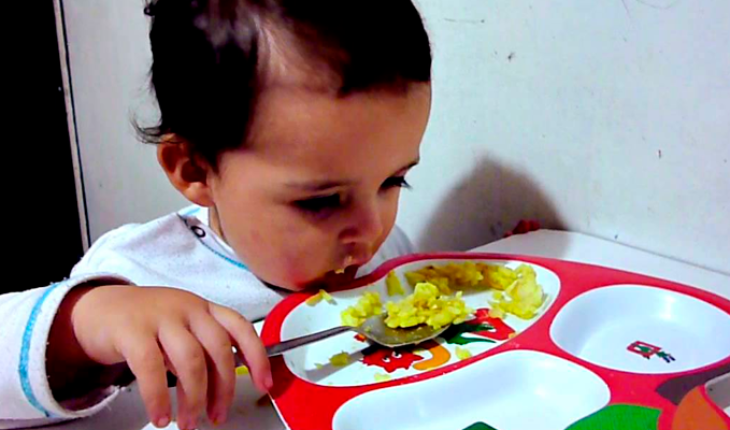World.- Two new studies from the World Health Organization show that a high proportion of infant foods are incorrectly marketed as ‘suitable’ for children under six months of age. Many of them contain inappropriately high levels of sugar.
The World Health Organization (WHO) recommends that children should be exclusively breastfed for the first six months of life. In fact, its 2016 global guide to ending inappropriate food promotion for infants and young children explicitly states that complementary foods should not be advertised for infants under six months of age.
“Good nutrition in children remains critical to ensuring the optimal growth and development of children, as well as achieving better health outcomes later in life, including prevention of overweight, obesity and diet-related noncommunicable diseases,” says Zsuzsanna Jakab, WHO Regional Director for Europe.
Commercial complementary foods should not be advertised for infants under six months of age
The health institution developed a Nutrition Profile Model (NPM) project for children aged 6 to 36 months to guide decisions on which foods are unsuitable for promotion in this age group.
It also developed a methodology for identifying children’s food available in retail and for collecting data on nutritional content on labels, as well as other information on packaging, labelling and promotion (including property statements).
This methodology was used to collect data between November 2017 and January 2018 on 7,955 food products or beverages marketed for infants and young children in 516 stores in 4 cities in the WHO European Region: Vienna (Austria), Sofia (Bulgaria ), Budapest (Hungary) and Haifa (Israel).
In all four cities, a substantial proportion of products – between 28 and 60 % – were marketed as suitable for children under 6 months of age.
Increases a taste for children’s sweets
Although EUROPEAN union law permits, it does not comply with these WHO recommendations explicitly stating how this type of food cannot be marketed to infants under six months of age.
Added sugars could affect children’s taste choices by increasing their taste for sweeter foods
“Food for infants and young children is expected to comply with established advice on nutrition and composition. However, there is concern that many products may still be too high in sugars,” says Joao Breda, head of WHO’s European Office for the Prevention and Control of Noncommunicable Diseases.
In three of the cities, half or more of the products provided more than 30% of the calories of total sugars. About one-third of the products mention sugar, concentrated fruit juice or other sweetening agents as an ingredient. These added flavors and sugars could affect the development of children’s taste preferences by increasing their taste for sweeter foods.
Although foods such as naturally containing sugar-containing fruits and vegetables are naturally appropriate for infants and young children, the very high level of free sugars in pureed commercial products is also a concern.
translated from Spanish: WHO warns of excess sugar in baby food
July 24, 2019 |





